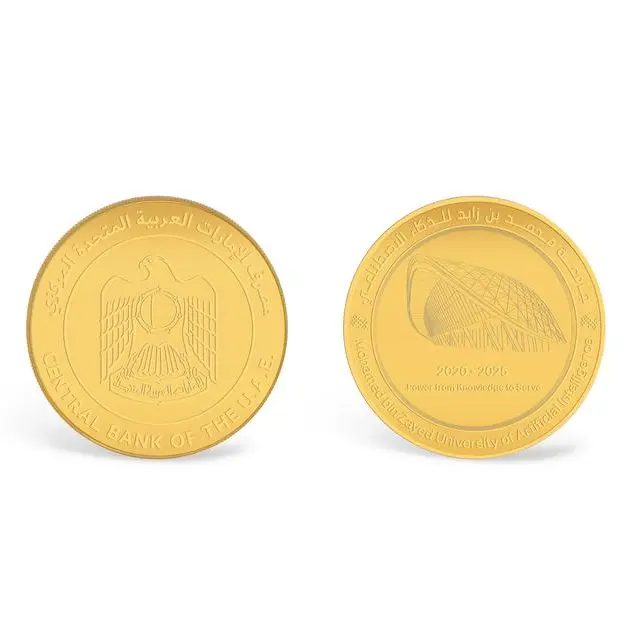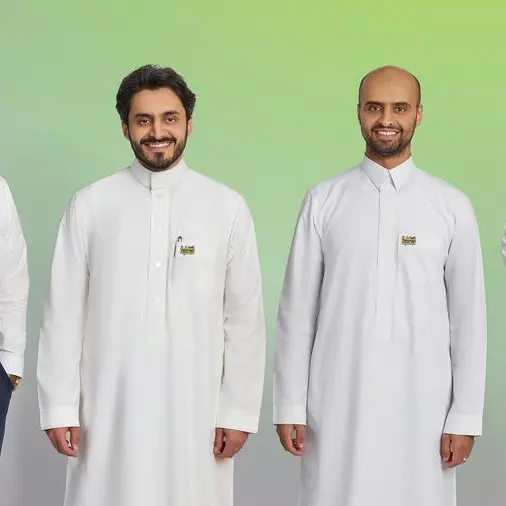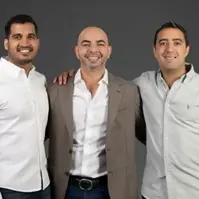
The COVID-19 pandemic has shown how critical it is to ensure essential information is accessible to everyone, including people living with disabilities. On World Braille Day, observed on 4 January, UN agencies have been highlighting how they are promoting a disability-inclusive response to the crisis.
Braille is a tactile language used by blind and partially sighted people. Combinations of raised dots represent each letter and number, and even musical, mathematical and scientific symbols, so that books and periodicals can be read through touch.
The system was invented by Frenchman Louis Braille nearly 200 years ago.
In a post on Twitter, the President of the UN General Assembly, Abdulla Shahid, commended Braille as a tool for freedom of expression, access to information and social inclusion.
"This has never been truer than in the times of isolation brought on by #COVID19," he wrote.
Access for all
The World Health Organization (WHO) estimates at least one billion people globally have a near or distance vision impairment that could have been prevented, or has yet to be addressed.
Life under lockdown has posed challenges for the visually impaired, including in terms of independence and isolation, according to the UN.
COVID-19 has also revealed the importance of having information available in Braille and audio formats, otherwise many persons with disabilities could face higher risk of contamination. The pandemic has also underscored the need to ramp up digital accessibility for all people.
Disability-inclusive response
During the pandemic, several UN agencies have been implementing good practices towards a disability-inclusive response and disseminating information in Braille.
For example, in Malawi, the UN Development Programme (UNDP) has produced more than 4,000 braille materials on awareness and prevention of COVID-19.
Meanwhile, in Ethiopia, the UN human rights office, OHCHR, disseminated audio information, as well as education and communication materials, to media professionals, and developed Braille versions of the educational messages.
The UN Children’s Fund (UNICEF) has also produced guidance notes in multiple languages and accessible formats, including Braille and ‘easy-to-read’ versions.
Its note on COVID-19: Considerations for Children and Adults with Disabilities addresses issues that include access to information; water, sanitation and hygiene; healthcare, education, child protection, and mental health and psychosocial support.
Awareness of human rights
The UN General Assembly established World Braille Day in 2019 to raise awareness of the role Braille has in the full realization of the human rights and fundamental freedoms of the blind and partially sighted.
Braille is essential in the context of education, freedom of expression and opinion, as well as social inclusion, as outlined under article 2 of the?Convention on the Rights of Persons with Disabilities.
© Press Release 2021
Disclaimer: The contents of this press release was provided from an external third party provider. This website is not responsible for, and does not control, such external content. This content is provided on an “as is” and “as available” basis and has not been edited in any way. Neither this website nor our affiliates guarantee the accuracy of or endorse the views or opinions expressed in this press release.
The press release is provided for informational purposes only. The content does not provide tax, legal or investment advice or opinion regarding the suitability, value or profitability of any particular security, portfolio or investment strategy. Neither this website nor our affiliates shall be liable for any errors or inaccuracies in the content, or for any actions taken by you in reliance thereon. You expressly agree that your use of the information within this article is at your sole risk.
To the fullest extent permitted by applicable law, this website, its parent company, its subsidiaries, its affiliates and the respective shareholders, directors, officers, employees, agents, advertisers, content providers and licensors will not be liable (jointly or severally) to you for any direct, indirect, consequential, special, incidental, punitive or exemplary damages, including without limitation, lost profits, lost savings and lost revenues, whether in negligence, tort, contract or any other theory of liability, even if the parties have been advised of the possibility or could have foreseen any such damages.



















